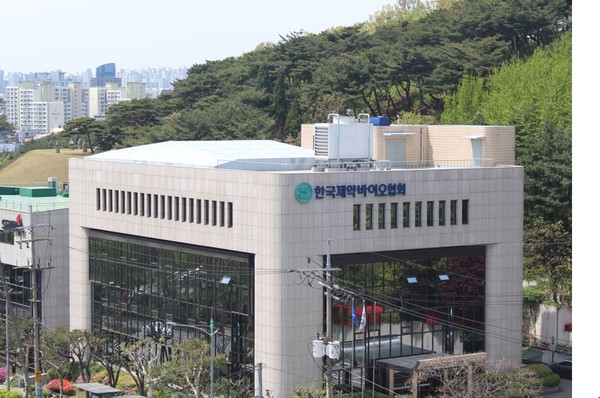Consignment production and independent development are essential to make Korea a global vaccine hub
By Managing Editor Lee Kap-soo
“Building a vaccine hub that does not accompany Korean companies’ own vaccine development is nothing more than a consignment production base. Therefore, in order for Korea to become a global vaccine hub, both conditions --consignment production and independent development -- must be met,” said Chairman Won Hee-Mok of Korea Pharmaceutical and Bio-Pharma Manufacturers Association (KPBMA).
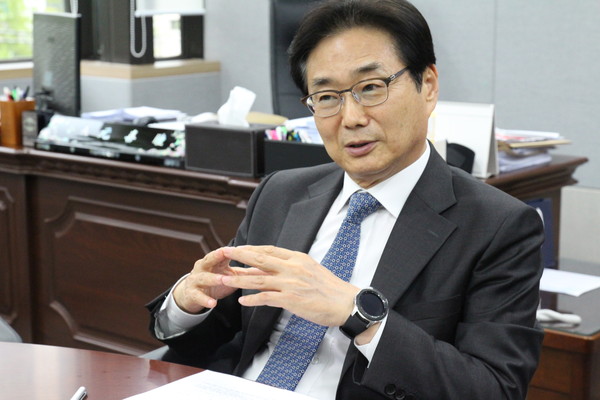
In an exclusive interview with the Korea Post, Chairman Won said, “It is necessary to create a vaccine bio fund (1 trillion won) early and to realize vaccine prices to strengthen the motivation for vaccine development. It needs to fully support the rapid development of COVID-19 vaccines and treatments and the establishment of a next-generation vaccine development platform. Related to this, I requested full support from the government.”
Noting that the drug substance self-sufficiency rate, which was maintained at 20-30% until the mid-2010s, fell to 16.2% in 2019, he said, “As the dependence on foreign drugs increases, the domestic drug supply chain to protect the lives and health of the people inevitably becomes unstable.
“Therefore, it is urgent to prepare comprehensive and systematic support measures such as technology development, permits, production facilities, drug prices, distribution, and use in order to increase the self-sufficiency of domestic raw materials and essential medicines.”
The followings are the main contents of an interview with Chairman Won Hee-Mok of KPBMA by The Korea Post media, publisher of 3 English and 2 Korean-language news publications since 1985.
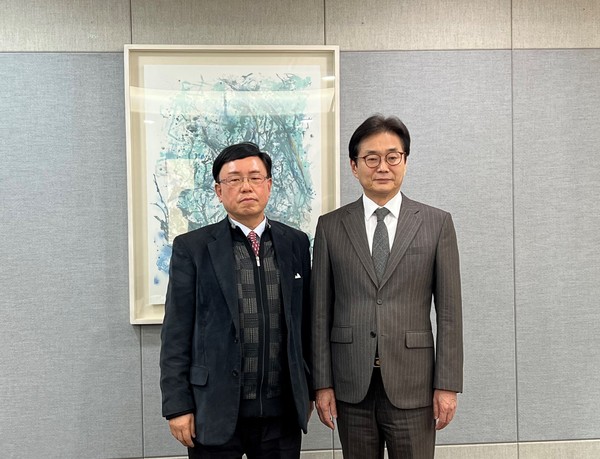
Question: What were the major achievements of KPBMA last year?
Answer: ▲Support for COVID-19 vaccine development (Support for COVID-19 treatment and vaccine manufacturing facilities, an K-mRNA consortium of KIMCo, Hanmi Pharm, GC Green Cross, ST Pharm, etc. was formed)
▲Support for global market entry (Support for US advancement such as moving into CIC, and operation of industry-university cooperation programs with Milner Research Institute, Cambridge Medical University, etc.)
▲Improve drug manufacturing and quality control capabilities (∙Promotion of the 1+3 law limiting outsourcing of generic drugs ∙Improvement of quality control facilities such as support for smart factory construction projects)
Q: What are your association's key projects this year?
A: In relation to the 20th presidential election, we will push for implementation of practical support measures at the national level in line with the industry promotion policy and inducing the establishment of a unified and consistent policy direction
We will make efforts to enhance international competitiveness of domestically developed and manufactured drugs, such as vitalization of the pharmaceutical raw material industry and increase in the quality of generic drugs, improvement of insurance drug registration and management system
At the same time, we will accelerate open innovation and strengthen the support system for entering advanced markets such as the US and Europe (UK, Switzerland, etc.).
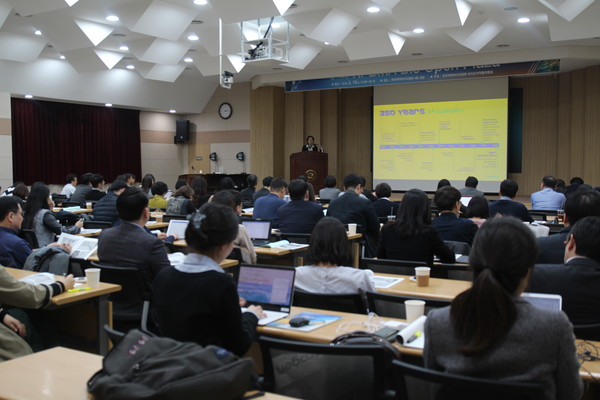
Q: What about the activities of the AI New Drug Development Support Center?
A: The center plans to accelerate the development of AI (artificial intelligence) new drugs through fostering AI convergence experts, disseminating AI new drug development technologies, and strengthening competitiveness, and networks encompassing industry, academia, and research.
To this end, the center intends to establish a cooperative system for drug development using AI, develop customized curriculum for new drug development using AI, and operate field practice linked to theory education.
Q: Please introduce the Korea Innovative Medicines Consortium (KIMCo), which was established last year.
A: KIMCo is an open innovation platform jointly funded by KPBMA and 56 companies on Aug. 5, 2020, and succeeded in R&D and production of infectious disease treatments and vaccines that are difficult for individual companies to independently promote. It is a Korean-type open innovation platform for innovative drug development and global market commercialization..
Major projects include creation of a successful model for joint projects through the establishment of an expanded platform, support for joint project execution, and support for matching government R&D funds.
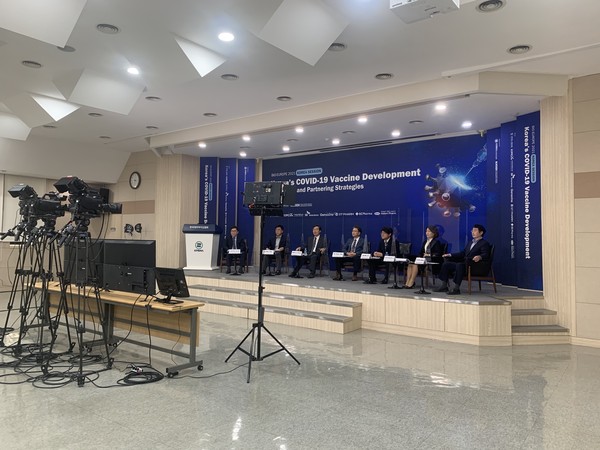
Q: Which overseas pharmaceutical market should the domestic biopharmaceutical industry specifically target?
A: Although it is important to enter advanced markets that can compete with big pharmaceuticals and establish cooperative relationships with various ventures, universities, and research institutes, it is necessary to efficiently enter markets that fit the characteristics of each company, such as the pharmerging market and Latin America.
As of 2020, 21 Korean biopharmaceutical companies have installed and are operating 27 subsidiaries in the North American market, and they are accelerating their entry into other markets as well.
The association is establishing overseas bases and supporting the entry of the domestic pharmaceutical bio industry into the global market.
This year, the association, the U.S. Consulate General in Boston, and the Korea Health Industry Development Institute signed a business agreement to significantly expand the number of participating companies in the Cambridge Innovation Center (CIC) in Boston from 4 to 12.
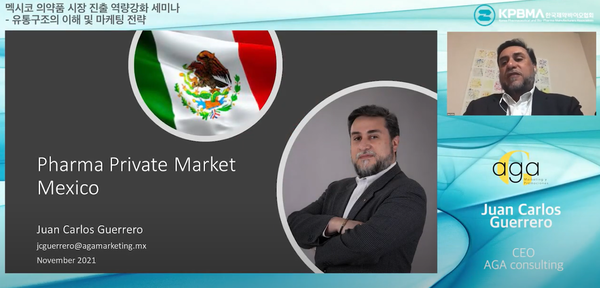
Q: Do you have any suggestions to the Ministry of Food and Drug Safety or the government?
A: The domestic biopharmaceutical industry has prepared the following policy pledges for this year's Presidential election.
First, it is necessary to install an integrated fostering and support control tower for the entire cycle under the direct control of the President.
Second, as the final goal of R&D is drug development, we request that the government's R&D budget support for companies that are the main agents of commercialization be expanded from 14.6% to more than 30%.
In addition, a government-led mega-fund worth 5 trillion won should be created to provide intensive support for innovative pipelines and late-stage clinical trials, and solid compensation for R&D and technological innovation results such as domestic new drugs should be supported.
It is necessary to immediately establish and implement a national M&A support strategy to foster global leading companies in the pharmaceutical bio industry.
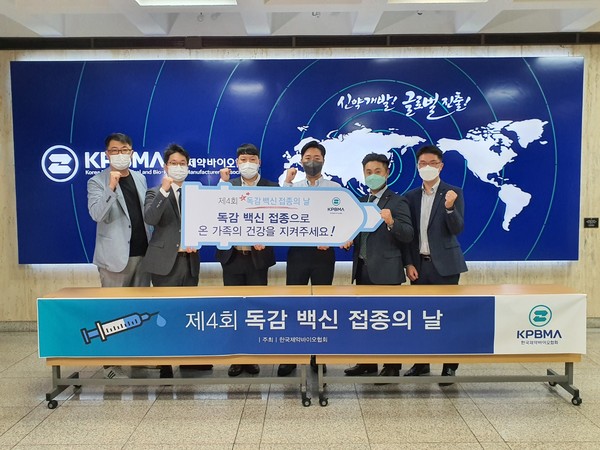
Q: How do you see the prospect of the pharmaceutical and bio industry in Korea this year?
A: We need to improve our constitution through change and innovation and advance into the global market in order to become a pharmaceutical and bio powerhouse.
This will lead to the establishment of pharmaceutical and vaccine sovereignty to protect public health in the post-corona era, and strengthening of health security.
To this end, we need to actively invest in quality innovation and global innovative new drug development rather than immediate profits.
Domestic new drugs with annual sales of more than 100 billion won are appearing one after another, and the new drug pipeline reaches about 1,500, raising expectations for the birth of a future K-blockbuster.
The biopharmaceutical industry is a future food industry that takes the lead in creating jobs while continuing to create jobs even in the face of the COVID-19.
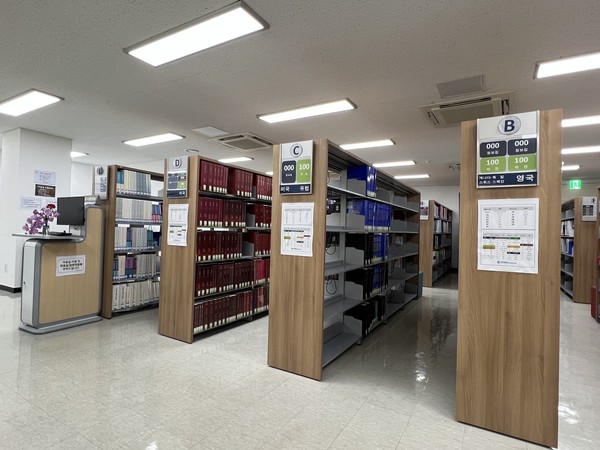
Q: From a long-term perspective, the importance of ESG management is being emphasized in terms of corporate value and sustainability. What is the status of ESG management preparations in the domestic biopharmaceutical industry?
A: As ‘sustainable management’ pursuing sustainable development is emerging in consideration of not only economic performance but also social responsibility and the environment, the importance of ESG (Environment, Social and Governance) is being emphasized.
This is the time for the biopharmaceutical industry to activate various ESG factors such as environmental management, ethical management, contribution to local communities, and transparency of governance.
The KPBMA identifies issues for each ESG item closely related to the industry, such as establishing vaccine sovereignty and pharmaceutical sovereignty, establishing ethical management, strengthening R&D competitiveness for new drug development, and nurturing professional manpower, and creates a culture in which companies strategically establish and practice ESG systems. We will work with the industry to do this.
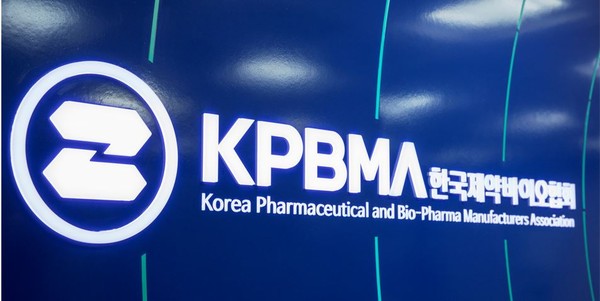
Profile of Chairman Won Hee-mok of KPBMA
Major experience
December 2018 to the present: Chairman of KPBMA
March 2016 ~ February 2017: Chairman of Korean Pharmaceutical Association
December 2013 ~ November 2015: President of Korea Social Security Information Service
September 2012 ~ February 2017: President of Health Communication Research Institute, Ewha Womans University College of Pharmacy
May 2008 ~ May 2012: 18th National Assembly member of the Republic of Korea (Member of the National Assembly Health and Welfare and Family Committee)
2007 ~ 2008: President of Korea Health Personnel Licensing Examination Institute
2005 ~ 2008: President of Korea Institute for Pharmaceutical Policy Affairs
2004 ~ 2008: President of Korea Pharmaceutical Information Foundation
Awards
2015 National Order of Merit, Peony Medal
2015 Korea Creative Economy Awards in Value Creation Sector
2011 Common Good Parliamentary Activity Award
His books
2011 “I am reborn every day”
2003 “For a new start”
